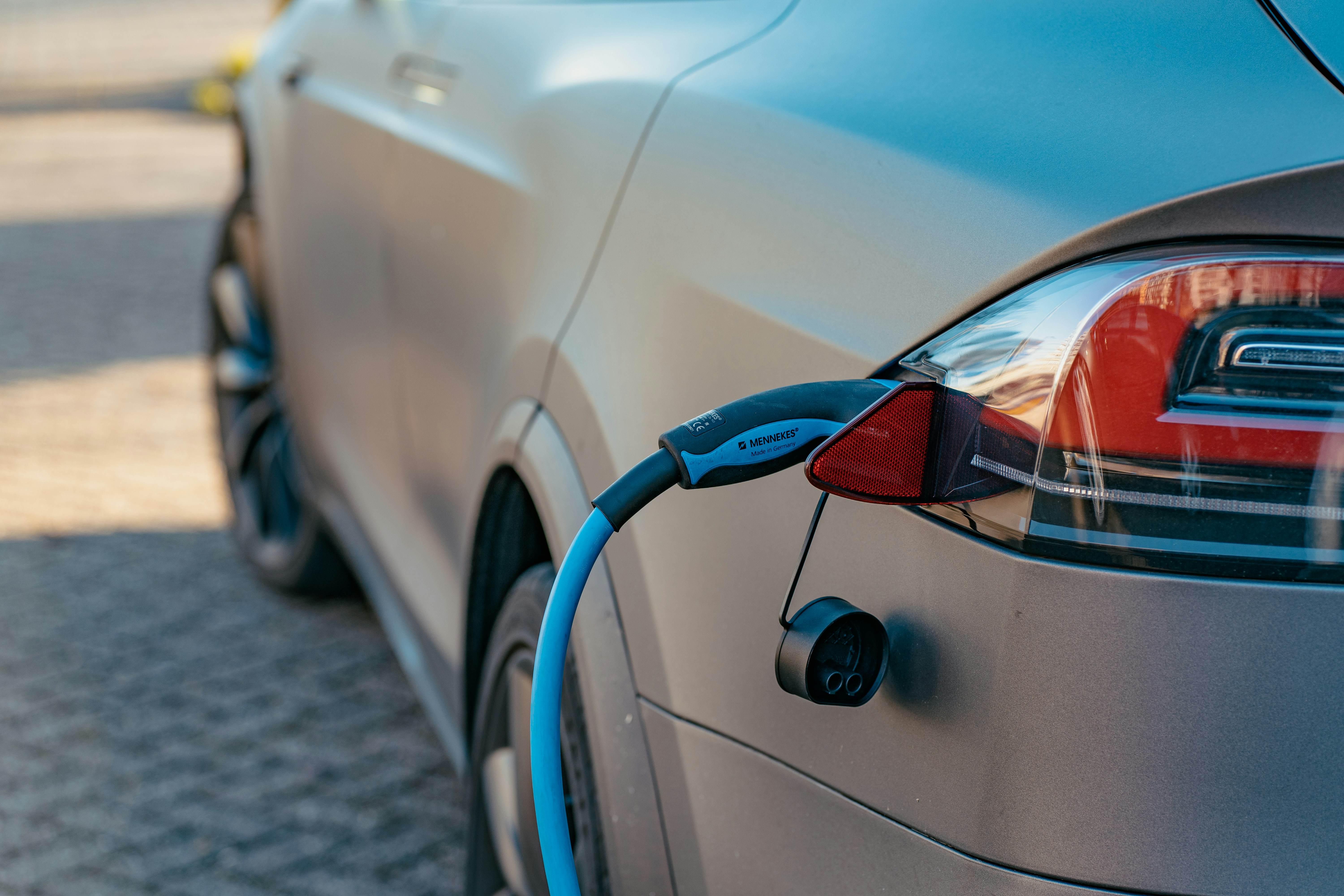Legislation was introduced in Mississippi’s 2025 Legislative Session that would have helped to level the playing field in the electric vehicle (EV) charging marketplace and drive private investment in the Magnolia State. Charge Ahead Partnership (CAP) was supporting House Bill 1195 and Senate Bill 2229. This legislation would have addressed significant barriers to private investment in Mississippi’s EV Charging market by leveling the playing field and preventing unfair competition from electric utilities while also addressing demand charges. Legislative action is especially important in Mississippi as one of the state's largest utilities, Entergy Mississippi, has already installed publicly available fast chargers through their Direct Current Fast Charging Station Pilot Program. Unfortunately, neither of these bills made it out of Committee before the required deadline and died there this year; however, CAP is optimistic that this legislation will be reintroduced in the future.
Key Provisions of Mississippi HB 1195 & SB 2229:
Prohibits electric utilities from using ratepayer funds to cover the costs of owning and operating publicly available EV chargers.
Establishes a level playing field by setting a standard set of rules and rates for all EV charging providers.
Requires electric utilities to establish a fair and transparent rate for electricity used for EV charging.
Specifically, these bills would have prevented Mississippi’s retail electric suppliers from billing ratepayers to recover the cost of the utility owning and operating EV charging stations. This legislation still would allow utilities to compete in this market, but only through separate, unregulated subsidiaries operating on under the same fees, terms, rates, charges and conditions as those offered to private entities in the market. These provisions would ensure that electric utilities cannot use their inherent advantages as a regulated monopoly to control the EV charging market and gives confidence to private investors that they will not be undercut by a utility using ratepayer funds.
Additionally, if passed, HB 1195 and SB 2229 would have required Mississippi’s electric utilities to maintain rates specific to EV fast charging that utilize alternatives to rates centered on demand charges. By requiring rates utilizing demand charge alternatives, these bills would have provided the rate transparency and predictability necessary for entities considering entering the EV charging market.
In The News
If you have operations in Mississippi or learn of other activity that warrants CAP engagement, please do not hesitate to email us:


